In a groundbreaking development poised to reshape global financial infrastructure, India’s leading stock exchanges are actively implementing blockchain technology to facilitate instant settlement of trades. This ambitious initiative, announced amidst a rapidly evolving FinTech landscape, marks a significant leap towards enhancing market efficiency, transparency, and fairness for investors. As of October 2025, the move firmly positions India at the forefront of integrating distributed ledger technology (DLT) into traditional capital markets, setting a precedent that other major economies will undoubtedly observe closely.
The Promise of Instant Settlement
Traditionally, stock market settlements operate on a T+2 or T+1 cycle, meaning it takes two or one business days, respectively, for a trade to be finalized and assets/funds transferred between parties. This lag introduces various risks, including counterparty default and liquidity constraints. By leveraging blockchain, India aims to achieve near real-time, or ‘instant,’ settlement. This drastic reduction in settlement time carries immense benefits:
- Reduced Counterparty Risk: The immediate transfer of assets and funds minimizes the window during which either party could default on their obligation.
- Enhanced Liquidity: Capital is freed up faster, allowing investors to redeploy funds more quickly and efficiently.
- Operational Efficiency: Automated processes inherent in blockchain can significantly reduce manual reconciliation and associated costs.
- Improved Capital Allocation: Businesses and investors can manage their capital more effectively with predictable, immediate settlement.
This paradigm shift is expected to inject unprecedented agility into India’s vibrant stock market.
Enhancing Transparency and Fair Play
Beyond speed, blockchain’s immutable ledger provides a foundation for unparalleled transparency and auditability. Every transaction recorded on the blockchain is verifiable and resistant to tampering, fostering a level playing field for all market participants. This commitment to ‘fair play’ is critical in fostering investor confidence and trust. Key aspects include:
- Immutable Record Keeping: All trade data is permanently recorded, providing an unalterable audit trail for regulators and participants.
- Decentralized Verification: While the exchanges maintain control, the underlying DLT architecture can prevent single points of failure and manipulation.
- Reduced Arbitrage Opportunities: With near-instant information and settlement, opportunities arising from information asymmetry or delayed execution are minimized.
- Simplified Regulatory Oversight: Regulators gain real-time access to accurate, comprehensive trade data, enabling more effective market surveillance and enforcement.
These features are designed to democratize access and ensure that market dynamics are dictated by genuine supply and demand, rather than technical inefficiencies or potential misconduct.
Technological Backbone and Implementation
The successful implementation of this blockchain-based system relies on robust technological infrastructure and careful integration with existing systems. While specific details of the chosen blockchain platform remain proprietary, indications suggest a permissioned ledger approach, allowing authorized participants (brokers, custodians, regulators, and the exchanges themselves) to operate nodes and validate transactions. This controlled environment ensures regulatory compliance and maintains necessary oversight. Pilot programs and phased rollouts have been underway for months, with early results demonstrating significant potential for scalability and security. Collaboration between market participants, technology providers, and regulatory bodies has been crucial in navigating the complexities of this ambitious undertaking.
Broader Implications for Global Finance
India’s move is not an isolated event but a bellwether for the global financial industry. As one of the world’s fastest-growing major economies, its embrace of blockchain for core market functions will likely inspire similar initiatives in other jurisdictions. The benefits of instant settlement and enhanced transparency are universally desirable for capital markets worldwide. This could ignite a ‘race to innovate’ among stock exchanges globally, accelerating the adoption of DLT and further blurring the lines between traditional finance and the decentralized digital economy.
Conclusion
The integration of blockchain for instant settlement and fair play in India’s stock markets represents a monumental stride forward for financial technology. It underscores a clear commitment to modernizing capital markets, reducing risk, and fostering greater investor confidence. As this system matures, its success could serve as a powerful blueprint for other nations, solidifying blockchain’s role as a foundational technology for the future of global finance, far beyond its origins in digital currencies.
The post India’s Stock Markets Embrace Blockchain for Instant Settlement & Fair Play appeared first on FXcrypto News.















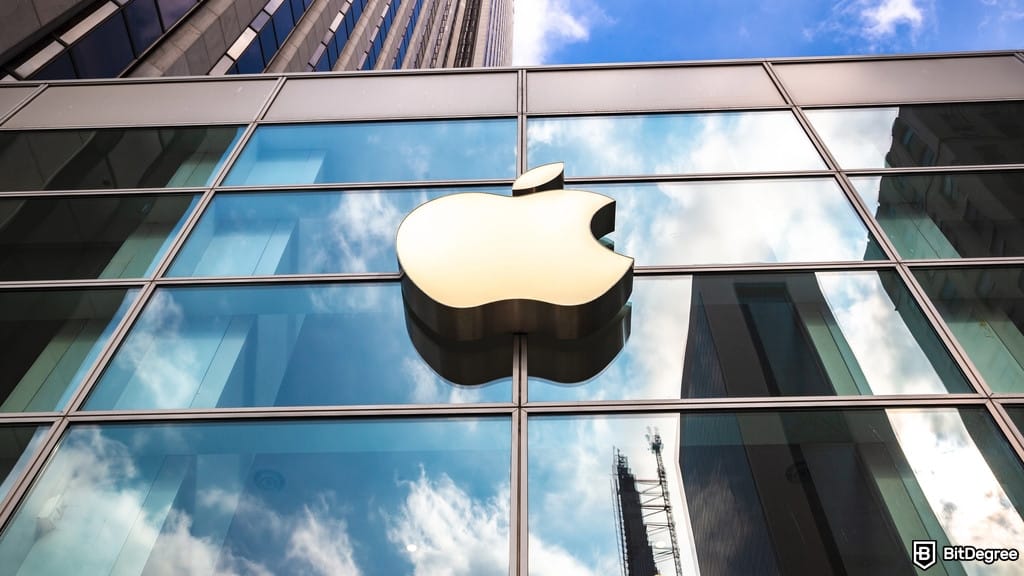
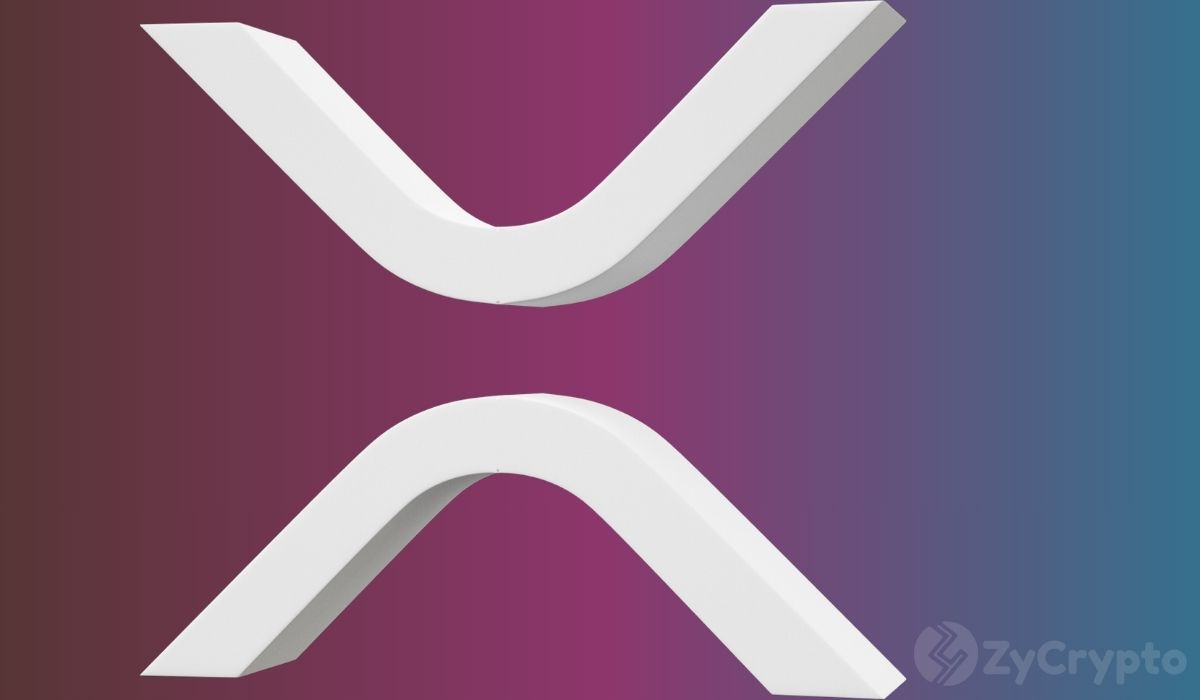
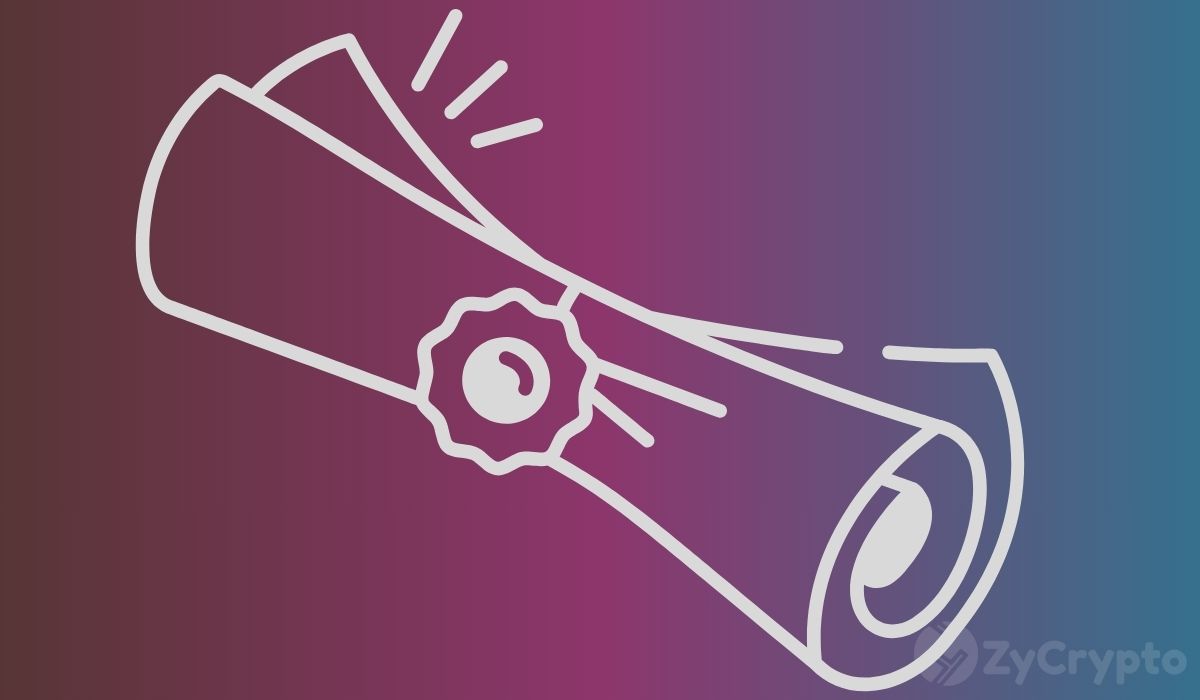





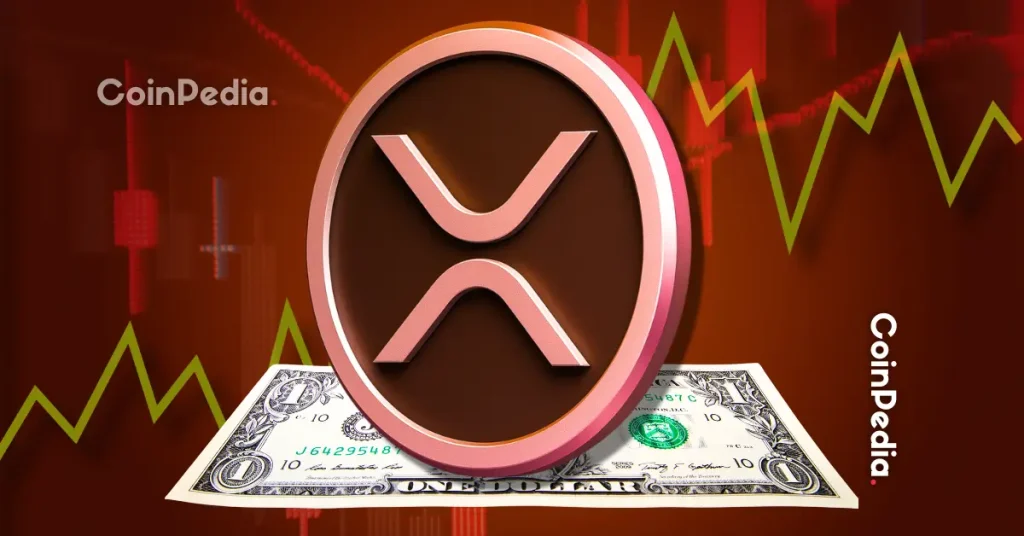
 24h Most Popular
24h Most Popular
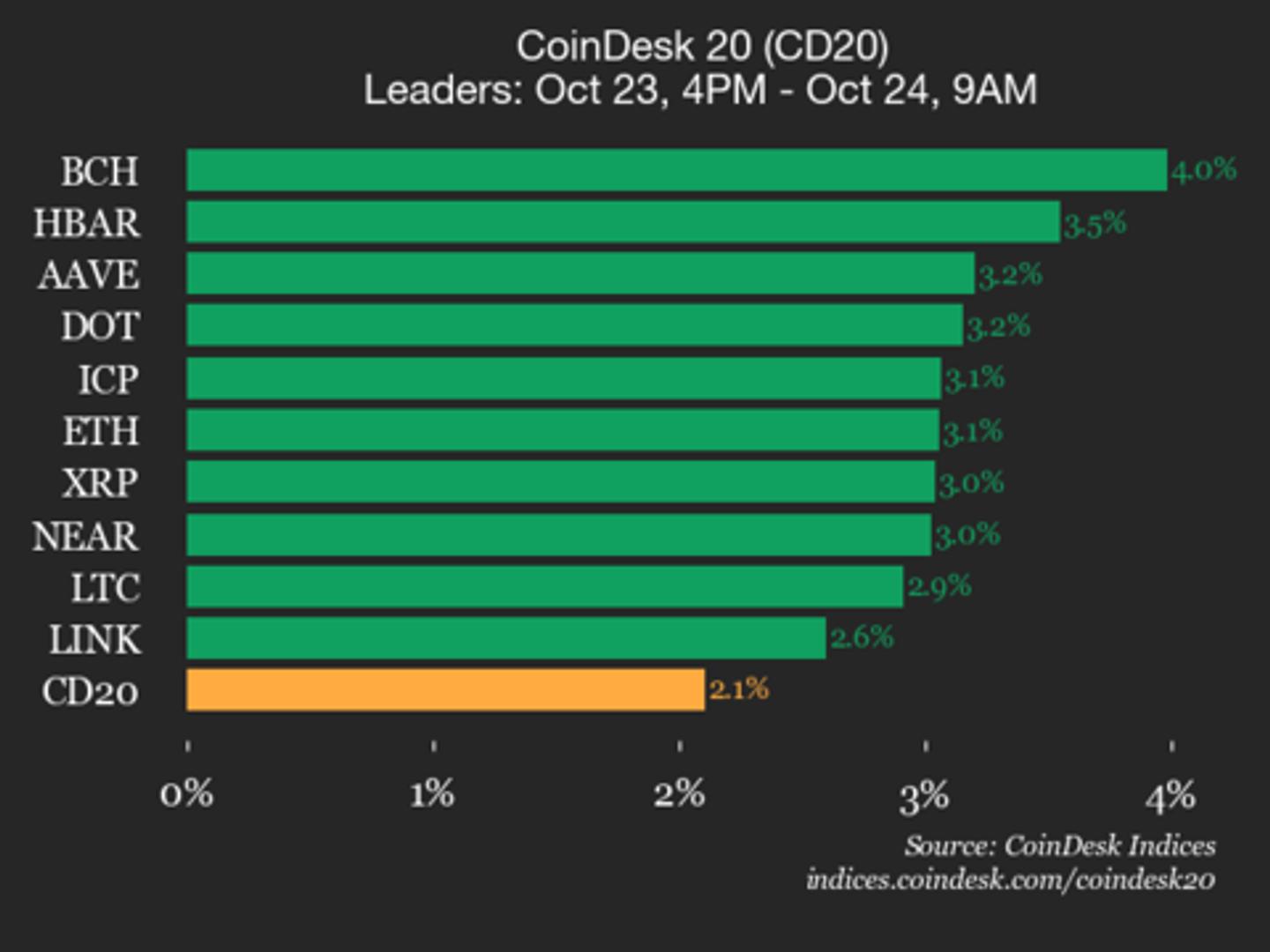







 Utilities
Utilities